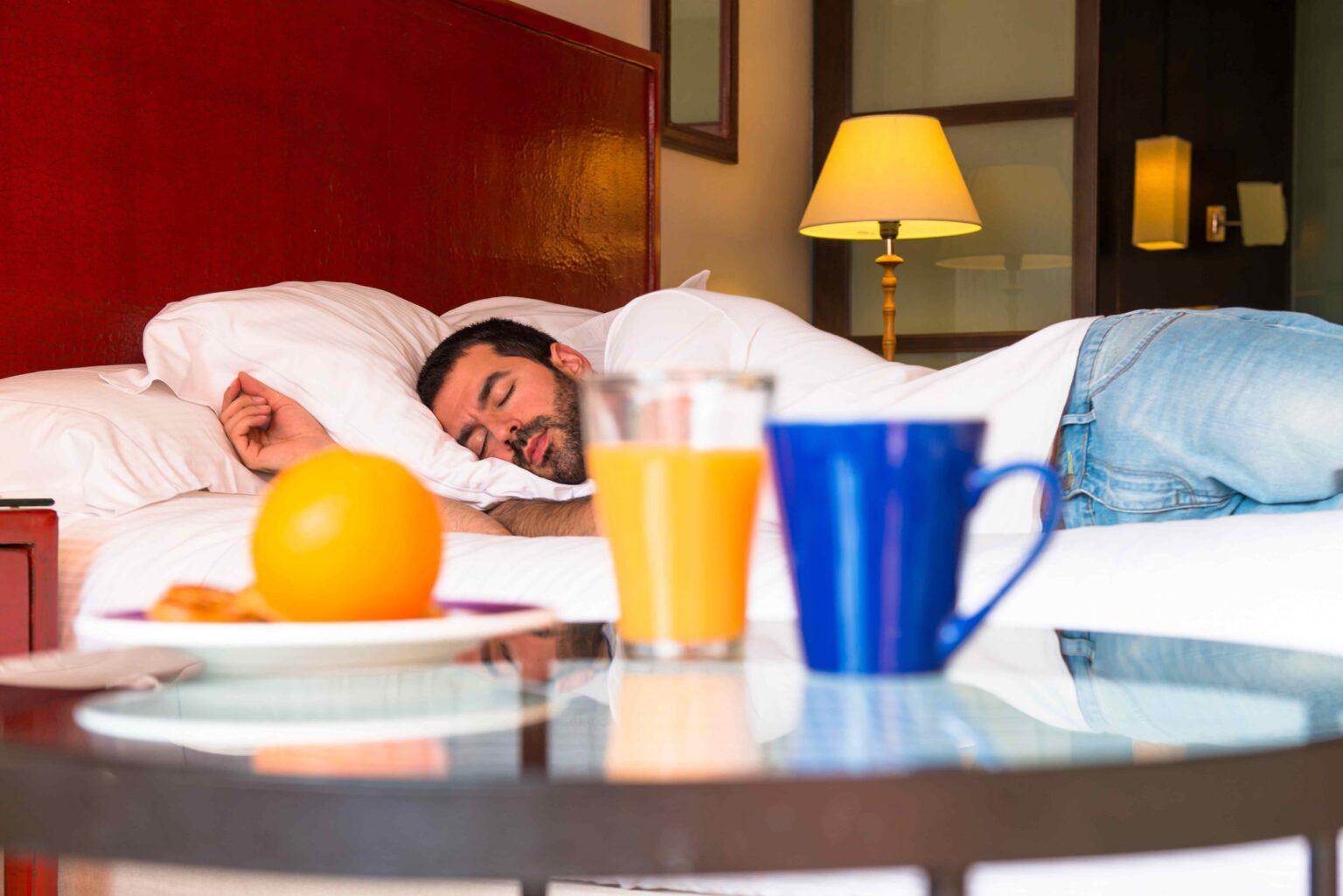is falling asleep after eating sugar a sign of diabetes is a common experience for many people, but it's not necessarily a sign of diabetes. However, people with diabetes may be more susceptible to feeling sleepy after meals, particularly if they are not managing their blood sugar levels effectively.
When a person with diabetes eats, their body either doesn't produce enough insulin or can't use it effectively, leading to high blood sugar levels. This can cause a range of symptoms, including fatigue, dizziness, and confusion. Additionally, if blood sugar levels drop too low, it can cause a condition called hypoglycemia, which can lead to feelings of sleepiness and fatigue.
So, if you have diabetes and are experiencing excessive sleepiness after eating, it's important to monitor your blood sugar levels regularly and take steps to manage them. Here are some tips that can help:
-
Follow a healthy diet: Eating a balanced diet that's low in refined carbohydrates and high in fiber can help keep blood sugar levels stable and prevent spikes and crashes that can cause sleepiness. Make sure to include plenty of fruits, vegetables, whole grains, and lean protein in your meals.
-
Exercise regularly: Exercise can help improve insulin sensitivity, which can make it easier for your body to use insulin effectively and keep blood sugar levels under control. Aim for at least 30 minutes of moderate exercise most days of the week.
-
Take medication as prescribed: If you take medication to manage your diabetes, make sure to take it as prescribed by your healthcare provider. Skipping doses or taking too much medication can lead to blood sugar fluctuations that can cause sleepiness.
-
Monitor your blood sugar levels: Use a glucose meter to monitor your blood sugar levels regularly, especially before and after meals. This can help you identify patterns and adjust your diet, medication, or exercise routine as needed.
-
Avoid skipping meals: Skipping meals can lead to drops in blood sugar levels, which can cause feelings of sleepiness and fatigue. Make sure to eat regular, balanced meals throughout the day.
-
Choose low-glycemic index foods: Foods with a low glycemic index are broken down more slowly, which can help prevent blood sugar spikes and crashes that can cause sleepiness. Examples of low-glycemic index foods include whole grains, nuts, and legumes.
-
Eat slowly and mindfully: Eating too quickly can cause you to swallow air, which can lead to feelings of bloating and discomfort, further contributing to feelings of sleepiness. Take your time when eating and focus on enjoying your food.
-
Stay hydrated: Dehydration can make you feel tired and sluggish, so it's important to drink plenty of water throughout the day. Aim for at least eight glasses of water per day, or more if you're exercising or in hot weather.
In conclusion, is falling asleep after eating a sign of diabetes is not necessarily a sign of diabetes, but people with diabetes may be more susceptible to feelings of sleepiness after meals. If you have diabetes and are experiencing excessive sleepiness after eating, it's important to monitor your blood sugar levels regularly and take steps to manage them. By following a healthy diet, exercising regularly, taking medication as prescribed, and monitoring your blood sugar levels, you can help prevent blood sugar fluctuations that can cause sleepiness and fatigue.
